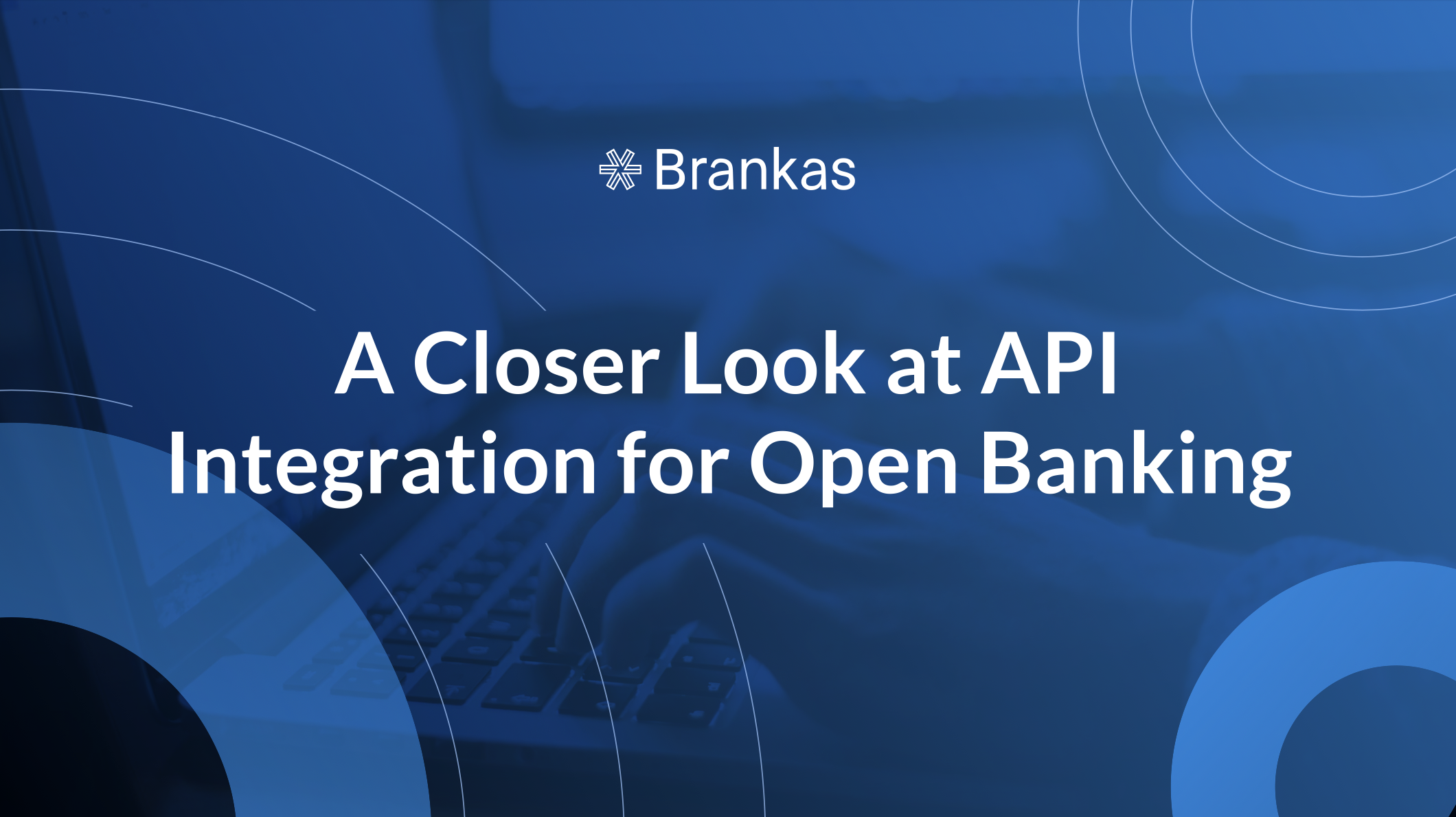In early 2025, Jordan reached a pivotal moment in its Open Finance journey: the first approved sandbox pilot under the Central Bank of Jordan’s (CBJ) regulated Open Banking framework. According to The Paypers, this marked the entry of the country’s first third-party provider (TPP) into JoRegBox, Jordan’s regulatory sandbox for Open Banking services.
This development positions Jordan as a frontrunner in digital financial transformation in the region. It also opens the door to deeper conversations: How did Open Banking begin in Jordan? Where does the country stand today? And what lies ahead as the ecosystem continues to evolve?
The Origins of Open Banking in Jordan
Jordan’s Open Finance efforts formally began in December 2022, when the CBJ issued its landmark Regulating Open Finance Services instructions. Based on a report by Petra News Agency, these regulations required all banks and payment service providers (PSPs) to open secure APIs for Account Information Services (AIS) and Payment Initiation Services (PIS). The framework aimed to foster innovation, competition, and greater financial inclusion.
Building institutional capacity was a key part of this early phase. According to a case study by the Open Bank Project, in partnership with GIZ and TESOBE, the CBJ organized interactive workshops for banks and PSPs throughout 2022 and 2023. These sessions focused on API fundamentals, customer consent, and secure data sharing, ensuring institutions were better prepared for the end-2023 compliance deadline.
Jordan’s Current Position in the Open Finance Landscape
In 2024, Jordan took a major step forward with the introduction of the Jordan Open Finance Standards. As reported by JoPACC, this unified API framework covers AIS, PIS, product and facility information, and extended services. The goal is to ensure consistent, secure, and efficient data sharing across all participating institutions, reducing duplication of effort and lowering technical integration costs.
Meanwhile, digital financial activity in Jordan is surging. According to JoPACC’s 2024 report, total transaction volumes grew by 77.2%, with payments through CliQ, an instant payment service, rising by an impressive 178%. Mobile wallet usage also expanded to 2.59 million users, nearly half of whom are women, highlighting the inclusivity potential of Open Finance in the country.
The launch of JoRegBox, Jordan’s regulatory sandbox for Open Banking, has created a testing ground for real-world API implementation. According to the Central Bank of Jordan, the sandbox’s first pilot is exploring AIS integration and personal financial management tools, helping regulators and participants refine consent flows and data-sharing protocols in a controlled environment.
What Lies Ahead?
As Jordan moves toward broader adoption of Open Finance, several opportunities and challenges lie ahead. The regulatory framework and API standards have created a conducive environment for banks and fintechs to collaborate, unlocking potential new revenue streams through value-added API services. According to JoPACC and the Open Bank Project, monetization models, including API subscriptions and usage-based pricing, are becoming key areas of focus.
However, some hurdles remain. Technical readiness varies across institutions, and privacy frameworks continue to evolve as Jordan aligns with international data protection standards. While the country has a strong base of engineering talent, further digital reskilling is essential to fully leverage Open Finance’s potential.
How Brankas Can Support Jordan’s Open Finance Growth?
Jordan’s Open Finance journey is more than a regulatory milestone, it is a foundational shift in how financial services are built, delivered, and consumed. As the ecosystem evolves from compliance readiness to market innovation, the role of reliable infrastructure, scalable API management, and value-creating partnerships becomes increasingly critical.
At this stage of growth, institutions in Jordan, from established banks to rising fintechs, are seeking practical ways to operationalize Open Finance beyond regulatory checkboxes. This means going from “API-ready” to “API-powered”: launching new digital products, forming embedded finance partnerships, monetizing data securely, and enhancing customer experiences across channels.
At Brankas, we see Jordan’s Open Finance journey as a model for the MENA region. Our pre-built API solutions, designed to meet the Jordan Open Finance Standards, can help banks and fintechs accelerate deployment while ensuring security and compliance.
We provide Third Party Provider (TPP) Management, secure Consent Management tools, sandbox-ready modules, and advisory support for crafting sustainable API monetization strategies. As Jordan’s Open Finance ecosystem matures, Brankas is uniquely positioned to support this transition. With years of experience in regulated Open Finance markets across Asia and the Middle East, we offer modular, plug-and-play solutions that accelerate time to market while ensuring compliance, security, and long-term scalability.
Know more about Brankas by visiting www.brankas.com.


